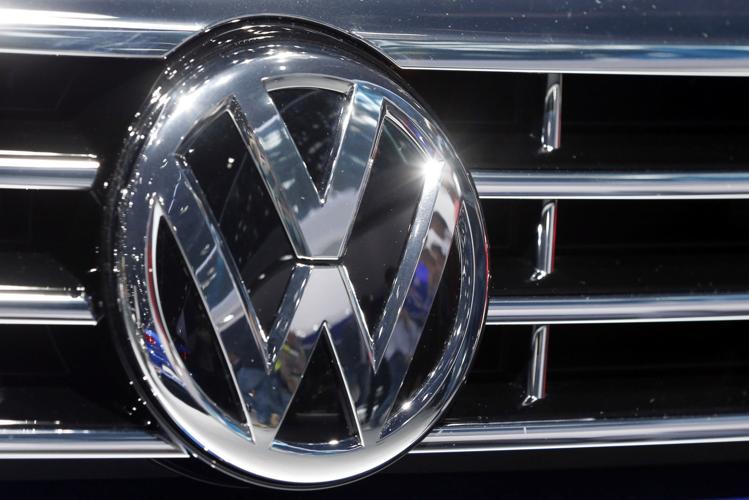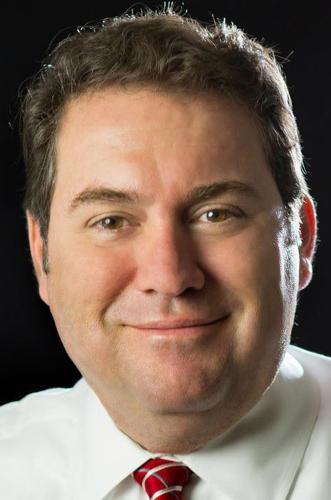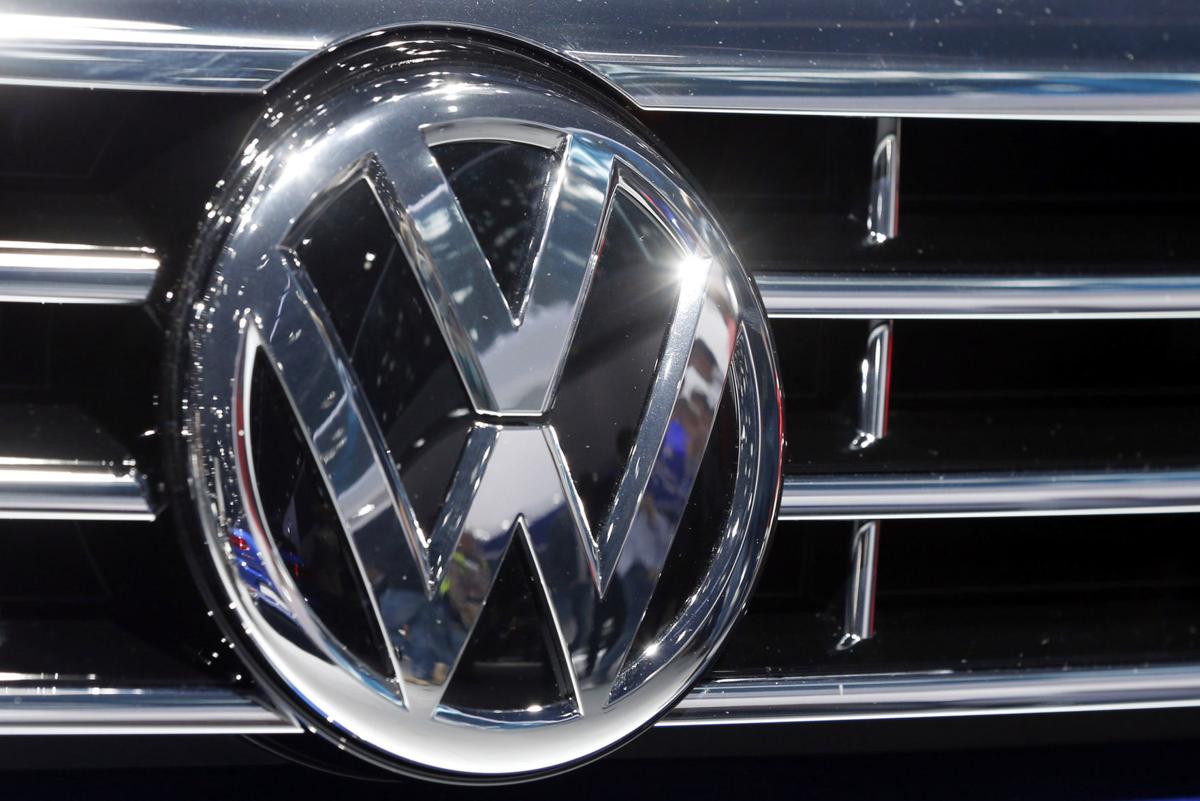PHOENIX — The clock is now running for about 11,000 Arizonans who thought they were buying clean-burning Volkswagen diesel vehicles to file their claims for up to $1,000 each.
Forms are going out now as part of a deal the company agreed to earlier this year to settle a 2016 lawsuit filed by Attorney General Mark Brnovich who accused the German manufacturer of defrauding consumers here into believing they were buying low-polluting vehicles. As it turned out, the company had rigged the software in the affected vehicles to cut back pollutants while being tested — and then bypass all of that on the road to increase power.
The checks for Arizonans are separate from — and above — anything that buyers can get or will be getting directly from Volkswagen as part of a separate nationwide deal the company struck with the Environmental Protection Agency over the same misconduct. That includes people who took advantage of VW’s buyback offer and no longer have the vehicles.
And the dollars going to Arizonans also are in addition to another $20 million Brnovich got the company to cough up to the state, dollars that were used to balance this year’s budget.
But all that requires the affected buyers, who already have been identified by an independent claims administrator, to return the claim forms within 90 days. Brnovich said he expects the checks to be in the mail by November.
At the heart of the case are vehicles with a special diesel engine that were advertised as having just a fraction of the emissions as similar cars. Buyers paid anywhere from $1,000 to $7,000 more than comparable vehicles.
But those low emissions were, in many ways, on paper only.
It turns out that VW engineers had programmed each vehicle’s computer to recognize when it was being tested for emissions. At that point, it would go into a low-power mode with sharply reduced pollution.
Once the test was over, the engine returned to full power. Only thing is, that mode produced more pollutants, including as much as 40 times the maximum allowable standards of nitrogen oxides.
Brnovich said hiding that information from buyers violated the state’s Consumer Fraud Act.
The company already agreed to pay $4.3 billion in penalties to settle charges brought by the Environmental Protection Agency. And VW is paying out another $17.5 billion to resolve civil lawsuits by customers and dealers.
But Ryan Anderson, spokesman for the Attorney General’s Office, said his boss thought it was important to pursue the company at the state level.
“These individual consumers purchased cars and paid more for these cars thinking they were buying these clean-burning cars,” he said. But Anderson said it’s also about holding the company and its executives responsible.
“These were senior officials within Volkswagen,” he said, who made the decision to install the “defeat” device in the vehicles.
“This wasn’t human error,” Anderson said. “This was a widespread attempt to deceive consumers.”
Not everyone who bought one of the affected vehicles will get a check.
Those who bought new vehicles from VW dealers are eligible, as are those who bought used vehicles from company dealerships. But others with used cars they bought elsewhere are out of luck.
Anderson said while the claims administrator should have found everyone eligible, some may have fallen through the cracks, particularly those people who have moved and whose mail is no longer being forwarded. He said information about contacting the administrator is available on the office’s web site at www.azag.gov/consumer/vw.







